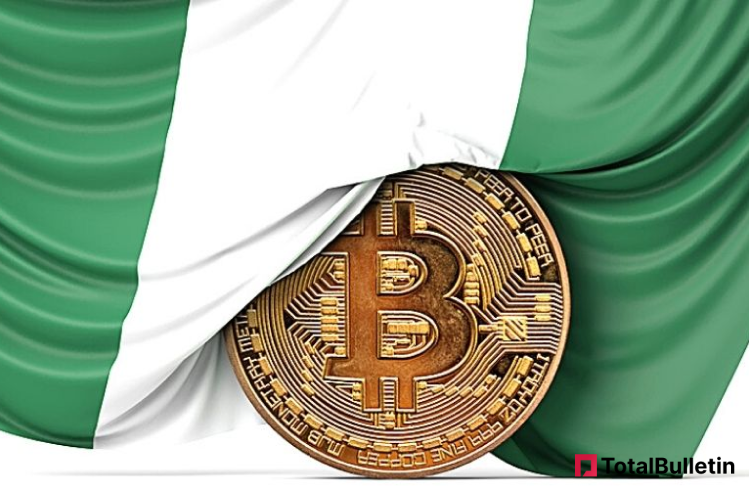On Feb. 21, Binance stirred controversy within the Nigerian crypto community by imposing a price cap on the USDT P2P exchange rate as part of its compliance efforts.
In response to widespread backlash, the exchange quickly reversed this decision, allowing transactions to resume as usual. While the intention behind this action was to ease tensions, it might have unintentionally worsened the situation for Binance.
This occurred as the government moved to block cryptocurrency platforms and specifically targeted the Binance website and a couple of other forex trading platforms, citing its association with Nigeria’s inflationary pressures.
Amidst mounting concerns, several Nigerian Binance users reported difficulties accessing the exchange’s application on Feb. 22.
These grievances emerged all while the Nigerian government had been instructing telecommunication service providers to block access to all cryptocurrency exchange platforms as part of its efforts to stabilize the country’s rapidly depreciating currency.
To quell user concern, Binance sent reassurance emails stating that while its platform experienced disruptions, operations on its app continued without impact.
The exchange emphasized the security of users’ funds and reiterated its commitment to maintaining dialogue with local regulatory authorities.
However, the situation escalated further when calls emerged for the outright ban of Binance within Nigeria. And, most recently, Nigeria’s House of Representatives Committee on Financial Crimes is looking to question Binance CEO Richard Teng for alleged terrorism financing and money laundering.
Before that, Presidential aide Bayo Onanuga criticized the company for its role in setting exchange rates for Nigeria, likening it to usurping the Central Bank’s authority.
He called upon the Nigerian Economic and Financial Crimes Commission (EFCC) to take action against Binance and other exchanges, such as KuCoin and Bybit, in a bid to prevent further manipulation of the Naira.
Meanwhile, local Nigerian crypto platforms also reported being affected by the government’s restrictions. The Nigerian crypto community vehemently opposed the government’s move to ban crypto exchanges, denouncing it as yet another authoritarian response to the country’s challenges.
However, the Nigerian government has remained steadfast in its decision to block Binance P2P trading, signaling a broader crackdown on cryptocurrency trading activities in Nigeria.
The move has raised concerns among stakeholders about its potential negative impact on innovation, investment, and financial inclusion in the country. Many fear that the government’s regulatory overreach would drive cryptocurrency trading underground, depriving Nigerians of access to digital assets and stifling technological advancement in the financial sector.
It’s worth noting that the Nigerian government previously banned cryptocurrencies in February 2021 before lifting restrictions in December 2023.
Is crypto a threat to the naira
The Nigerian government’s harsh stance against cryptocurrency is not new.
In February 2021, the Central Bank of Nigeria (CBN) issued a directive prohibiting banks and financial institutions from facilitating transactions involving cryptocurrencies. The CBN cited concerns about money laundering, terrorism financing, and other illicit activities as the rationale behind the ban.
Despite the ban, Nigeria has remained a hotspot for cryptocurrency trading and adoption, as most of these traders have resorted to VPNs. The country’s tech-savvy youth, disillusioned with traditional financial institutions and attracted by the potential of digital currencies, have flocked to crypto platforms in large numbers.
However, recent developments suggest that the government is escalating its efforts to curb cryptocurrency use. Reports have emerged of authorities clamping down on crypto exchanges, arresting individuals involved in crypto-related activities, and freezing bank accounts suspected of facilitating cryptocurrency transactions.
The government’s crackdown coincides with a tumultuous period for the Nigerian economy, marked by persistent inflation, currency devaluation, and economic uncertainty.
The value of the naira has been on a downward spiral, losing significant ground against major global currencies such as the U.S. dollar and Euro.
